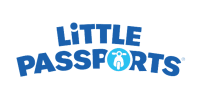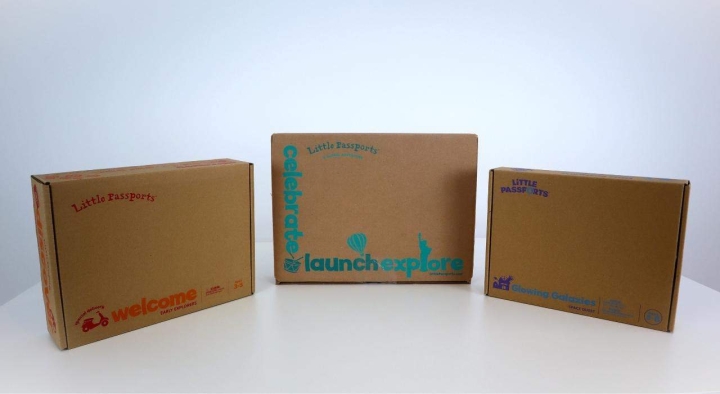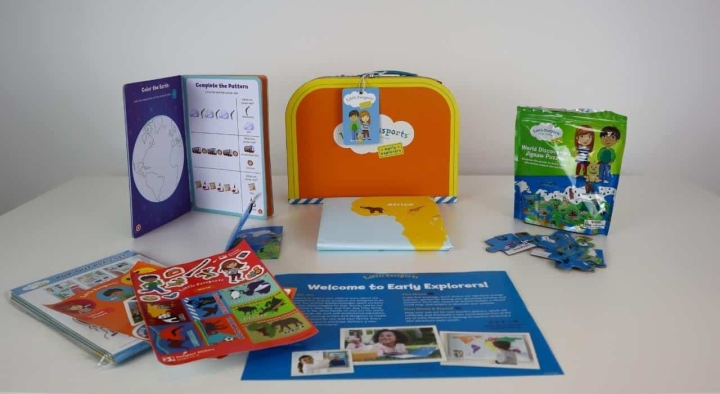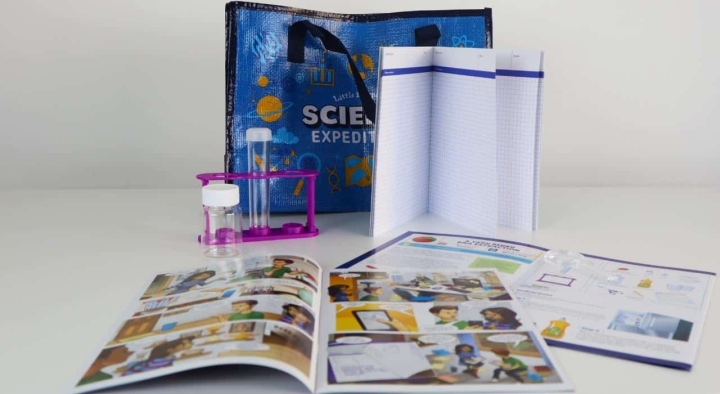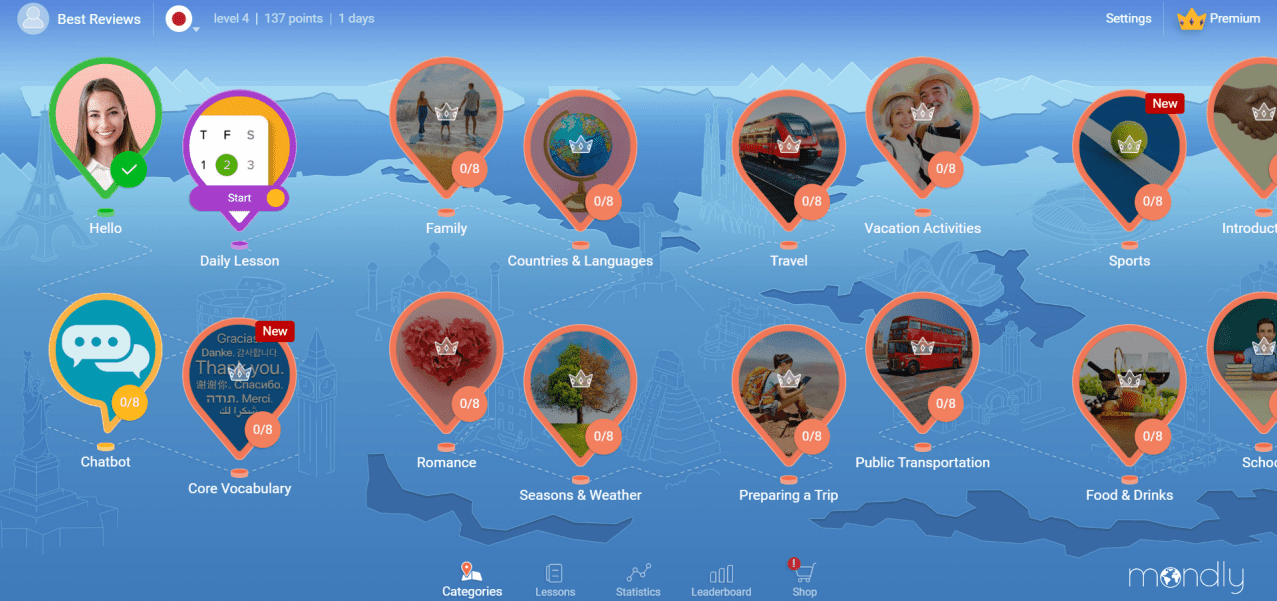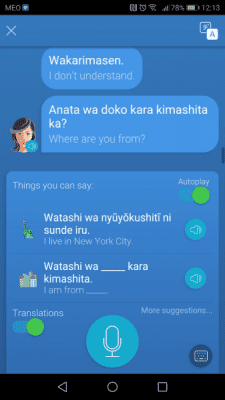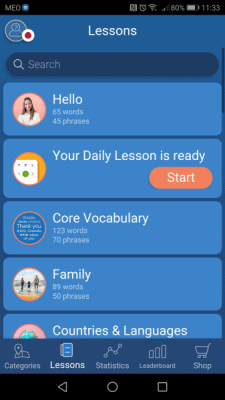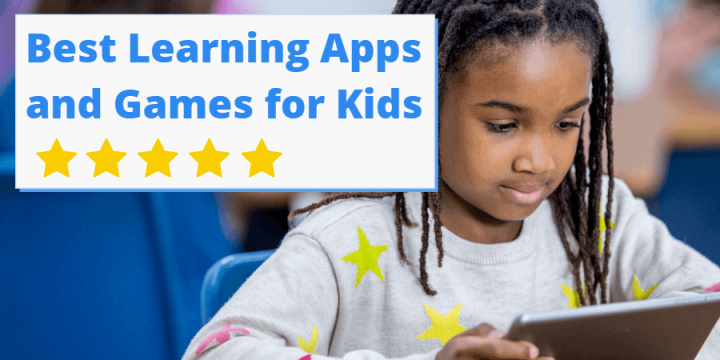
From birth until the age of five, children develop linguistic, cognitive, social, and emotional skills that determine what type of person they will grow up to be. Studies show that early learning supports children’s well-being and happiness, which leads to better mental and physical health in adulthood, better outcomes throughout schooling, and better employment and socio-economic opportunities.
However, parents may face challenges trying to keep their kids interested in learning new things. For instance, children may resist experiencing new learning activities because they fear they won’t be able to succeed in something they’re not used to.
Also, if the exercises are not engaging or meaningful, they may lose interest quickly, especially with the many distractions of the digital world. To overcome these difficulties, parents can rely on appropriate and fun activities that stimulate curiosity and make the learning process more enjoyable.

How To Choose the Best Educational Activity for Your Kid
A quick Google search brings up many educational activities for kids; so many that you may need help picking the best one. Essential aspects to consider are:
- Age: your child’s age strongly influences their ability to perform the activity. Choose one that suits their learning needs according to how old they are.
- Interests: kids engage in learning activities that are meaningful to them. Take advantage of their natural curiosity for things they can relate to or that match their personality.
- Strengths and weaknesses: consider what your child’s strengths are and pick an activity that aligns with them. This way, it’s most likely that they will naturally engage with it. On the other hand, choosing one that addresses their weaknesses is a chance to build on less developed skills.
- School curriculum: this aspect is essential in supporting a child’s academic life. It’s also an opportunity for teachers and parents to combine their efforts to provide quality education.
Additionally, learning software and services are great allies for supporting children’s early education. However, with so many options on the market, parents should carefully consider additional aspects when choosing one, such as price, learning value, engagement level, and average screen time.

Recommended Learning Apps and Games for Kids
To support traditional education, apps and games should cover a wide range of subjects, including math, science, and languages. They should also be age-appropriate and have interactive elements to make learning more engaging and help children retain information. Fortunately, there are various well-designed and appropriate educational activities for kids to learn through play on the market:
Off-Screen Learning: Little Passports
The subscription kits are divided by age and subject. The Early Explorers kit, for example, helps three to five-year-old children learn about some of the most interesting places in the world. Meanwhile, the Science Junior kit is designed for kids aged five to eight to inspire curiosity with creative hands-on science activities. The prices vary according to the billing cycle, and promotional codes offer up to 50% discount. Read our Little Passports review.
Language Learning: Mondly Kids
The app is designed for users to learn through play, with gamified lessons about popular topics displayed in kid-friendly illustrations and sounds. Also, learning goals can be set, and there are interactive exercises to check children’s understanding and progress. It’s available for iOS and Android mobile devices for free. However, it comes with in-app purchases for additional features like unlocking more languages and removing ads. Read our Mondly review.
Ways To Supplement Your Child’s Education at Home
“A child only educated at school is an uneducated child”. George Santayana’s statement reinforces that school and home education should always be united. Children explore the fundamentals in reading, writing, math, science, and social studies in the first scholarly years, and knowing what subjects are covered in each grade helps parents supplement their child’s education.
- Kindergarten: at this early stage, infants recognize numbers, learn the alphabet and basic science concepts about plants, animals, weather, and the human body. Educational toys help work on these topics at home.
- First grade: in this year, kids recognize their printed name, write upper and lowercase letters, and learn about the concept of cities, states, nations, and continents. Age-appropriate books help approach these subjects and create reading habits.
- Second grade: this is when children learn how to apply addition and subtraction to daily life, tell the time, and study cultures worldwide. At this level, going on family trips to local museums and libraries can ignite kids’ curiosity for these subjects.
- Third grade: they learn complex math operations like fractions and multiplications, write detailed stories, and identify the states and their capitals on the map. Playing board games can help study these topics while having fun. In their junior versions, Monopoly, Pictionary, and Risk are excellent options.
- Fourth grade: at this point, kids have the first introduction to algebra and geometry, explore genres of poetry and stories, and learn about electricity, energy, and matter. There are many learning games available online that delve into these topics in a fun and engaging way.

Additional Tips To Encourage Your Children To Learn
Learning new things should be part of children’s daily habits, like brushing their teeth and taking a shower. When reading, studying, and learning are part of the family’s routine, kids are naturally interested in discovering new things.
To keep them motivated, it’s crucial to involve them in the process and give them control over what subjects they can explore. Focus on their interests, let them decide which learning style they prefer, and make sure they know why learning new things is so important.
Encourage your kids to learn by building meaningful experiences, making the process fun, and involving the whole family. Remember, kids are like sponges; they absorb what they see and learn by example. Share your enthusiasm for learning, and it will be mirrored by your children.
